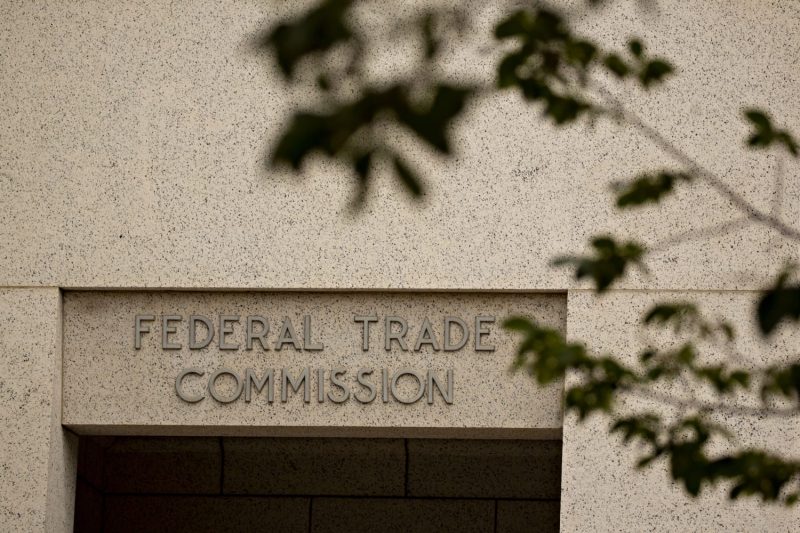
Big Pharma Under Fire: FTC Targets Middlemen for Skyrocketing Insulin Costs
The recent accusations made by the Federal Trade Commission against three major drug middlemen have brought to light the issue of inflated insulin prices in the pharmaceutical industry. These middlemen, known as pharmacy benefit managers (PBMs), play a significant role in negotiating drug prices and managing prescription drug programs for health plans. However, the FTC alleges that these PBMs engaged in anticompetitive behavior that led to higher costs for patients relying on insulin.
PBMs act as intermediaries between drug manufacturers, pharmacies, and health insurance companies. Their primary responsibility is to negotiate discounts and rebates with drug manufacturers to secure better pricing for health plans and insurers. In theory, this practice should help drive down costs for patients by ensuring that drugs are more affordable. Nevertheless, the FTC’s actions suggest that this system has not been operating in the best interest of consumers.
The FTC’s investigation revealed that the three PBMs in question used their market power to suppress competition and artificially inflate insulin prices. By engaging in tactics such as exclusive dealing agreements and discriminatory pricing schemes, these PBMs allegedly created barriers for other insulin manufacturers to enter the market and offer lower-priced alternatives. As a result, patients were left with fewer choices and higher costs when it came to purchasing insulin.
The implications of these accusations are significant, as insulin is a life-saving medication for millions of Americans living with diabetes. The rising costs of insulin have been a growing concern for patients, advocacy groups, and policymakers alike. The allegations against these PBMs underscore the need for greater transparency and accountability in the pharmaceutical supply chain to ensure that patients have access to affordable medications.
In response to the FTC’s charges, the accused PBMs have denied any wrongdoing and have vowed to defend themselves against the allegations. This legal battle could have far-reaching consequences for the pharmaceutical industry and could potentially reshape the way drug pricing is negotiated and regulated in the future.
Moving forward, it will be essential for policymakers, regulators, and stakeholders to closely monitor the outcomes of this case and take proactive measures to address the underlying issues that contribute to inflated drug prices. By promoting competition, increasing transparency, and fostering innovation in the pharmaceutical market, we can work towards ensuring that patients have access to affordable and life-saving medications like insulin.
